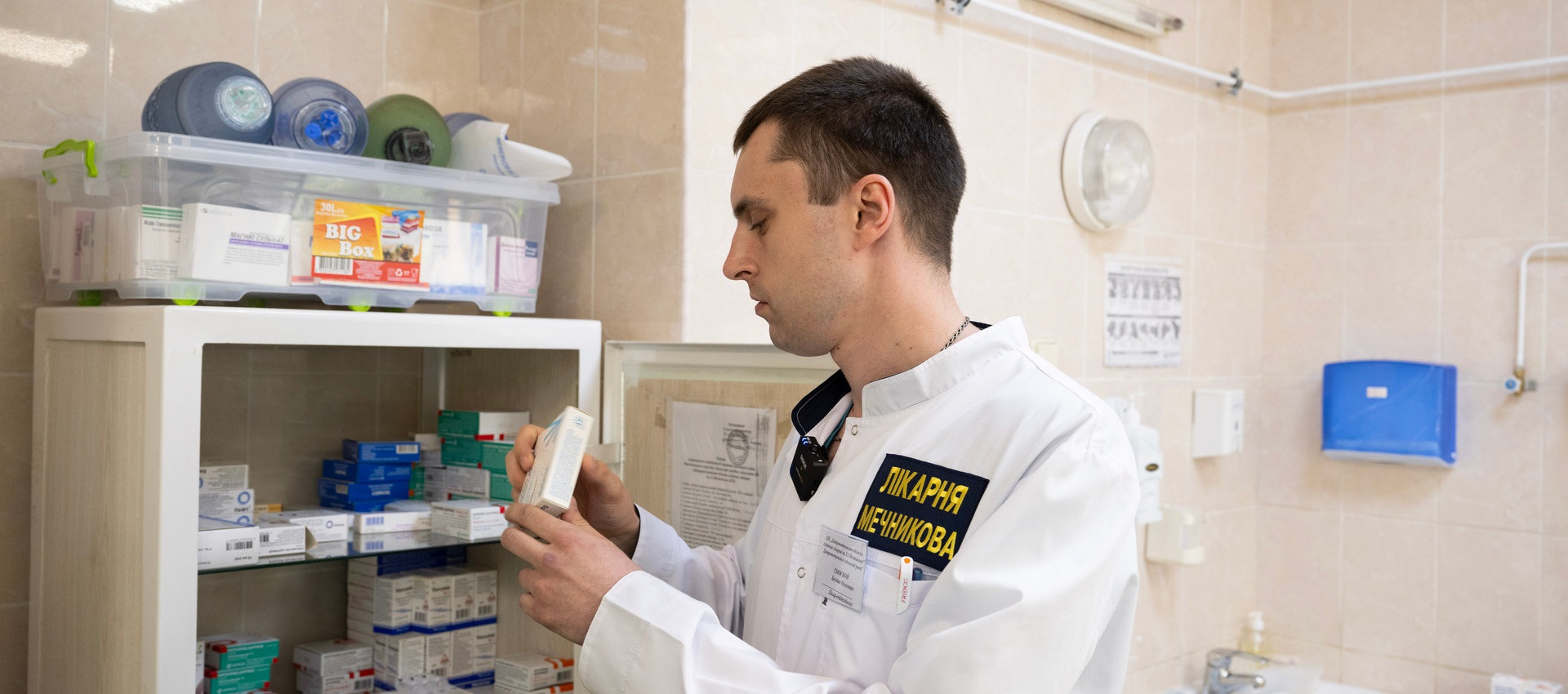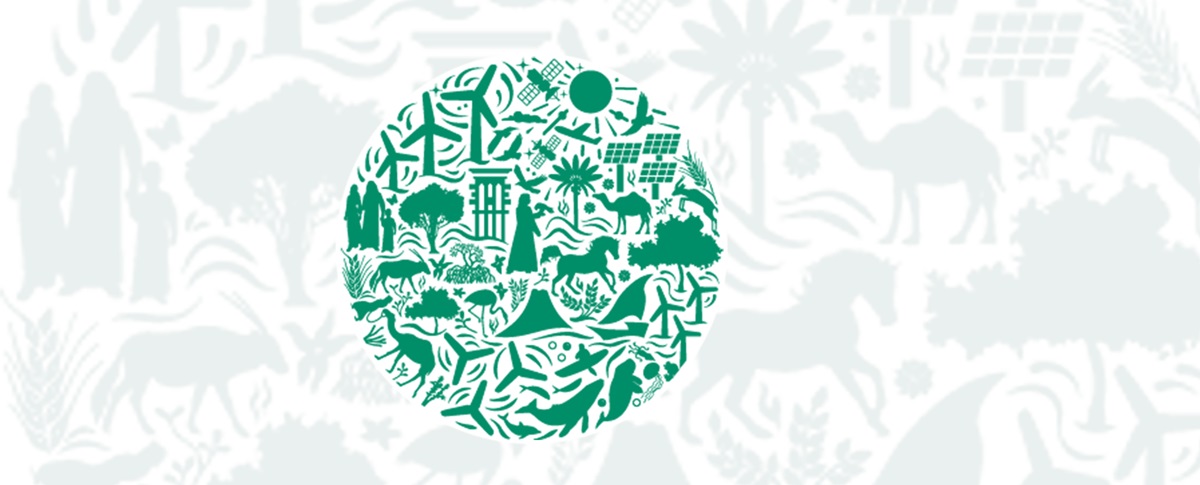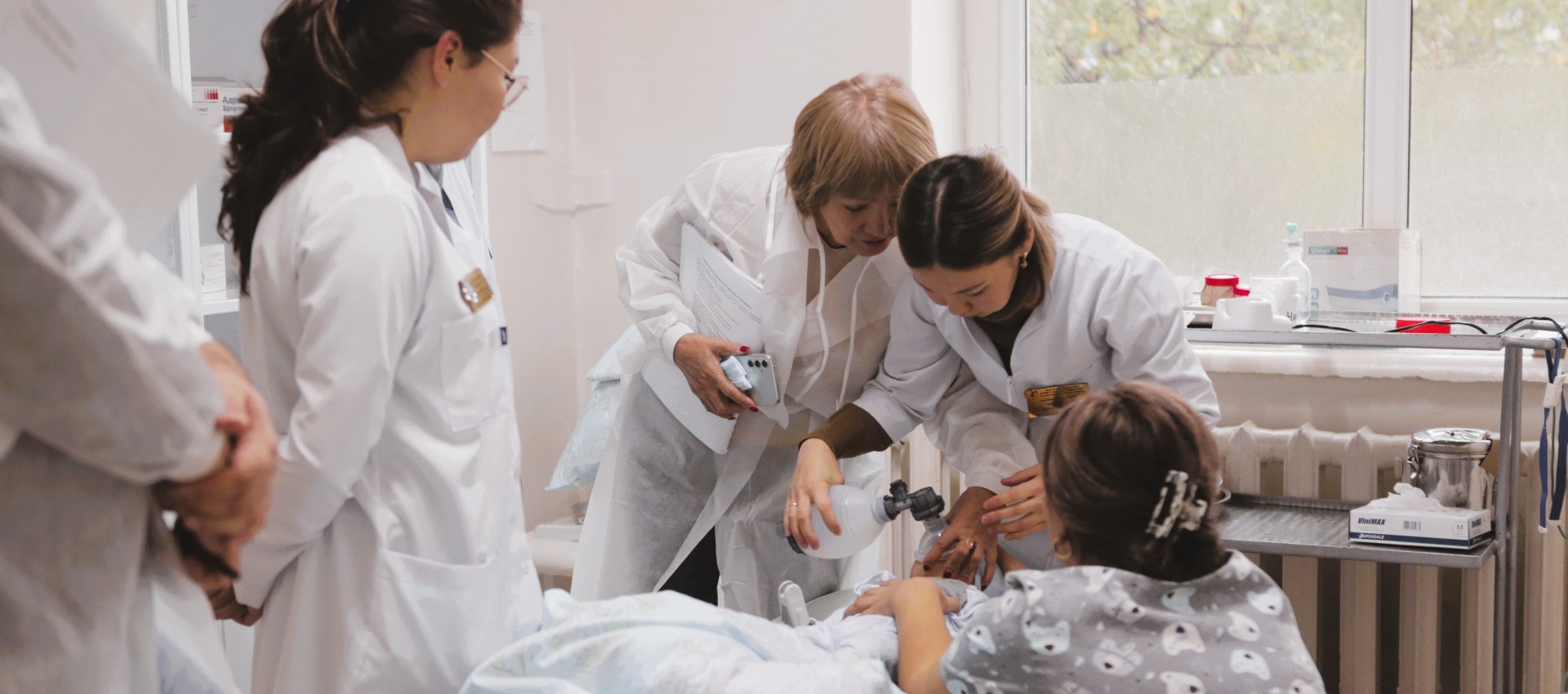No images? Click here
No time to waste: to tackle its HIV epidemic, the European Region must urgently increase testing and address persistent stigma
28-11-2023
With more than 2.4 million people diagnosed, yet many others unaware of their status, critical action is needed. Although the WHO European Region has made progress in tackling HIV, significant challenges remain in identifying and treating cases, as well as preventing infection in the first place. Expanding access to HIV testing and treatment, along with acknowledging and addressing the persistent HIV-related stigma and discrimination that prevents people from seeking diagnosis and care, are key steps to stop the rise in infection in several parts of the Region. This urgent call to action stems from a newly released surveillance report based on 2022 data and jointly published by the WHO Regional Office for Europe and the European Centre for Disease Prevention and Control (ECDC). Released ahead of World AIDS Day 2023, the report highlights the progress, challenges and trends in HIV across the European Region..
Tallinn Charter 15th Anniversary Health Systems Conference: Trust and transformation – resilient and sustainable health systems for the future
12 – 13 December 2023, Tallinn, Estonia
On 12–13 December 2023 WHO/Europe and the Ministry of Social Affairs of Estonia will co-host a high-level health systems conference to commemorate 15 years of the Tallinn Charter: Health Systems for Health and Wealth. The principles agreed during previous Tallinn health systems conferences (2008, 2013 and 2018) are enduring, and this year’s event offers an opportunity to reflect on the challenges that countries face, while looking at how they can develop resilient, responsive and sustainable health systems needed in the 21st century.
CONFLICT IN ISRAEL AND THE OCCUPIED PALESTINIAN TERRITORY
The long-term casualty of conflict: mental health
24-11-2023
“A day I won’t forget” – An Israeli paediatrician and her 8-year-old daughter look back on October 7
15-11-2023
ARMENIA REFUGEE RESPONSE
Testimonies from frontline workers and community members caring for vulnerable refugees in Armenia
15-11-2023
COVID-19
Increasing Recognition, Research and Rehabilitation for Post COVID-19 Condition (long COVID)
WHO remains committed to learning more about long COVID and to finding ways to improve the medium- and long-term outcomes for people affected by it.
Partnering with the European Union to support deployment of COVID-19 vaccines and vaccination
The EU and WHO/Europe together provide critical assistance to Member States of the WHO European Region to ensure local readiness for safe and effective vaccination campaigns against COVID-19
Publications and technical guidance
Publications, country and technical guidance for the COVID-19 outbreak
UKRAINE EMERGENCY
Managing diabetes while fleeing from war – Artur’s story
28-11-2023

29-11-2023
Antimicrobial resistance (AMR) is a global menace. If no effective action is taken, decades of medical progress risk being undone. AMR happens when microorganisms, such as bacteria, viruses, fungi and parasites, no longer respond to antimicrobial medicines. This means infections become harder to treat and diseases spread. In the face of this serious global health threat, every potential avenue for promoting more effective approaches must be explored. Using behavioural and cultural insights (BCI) offers an innovative, evidence-based and people-centred approach to reshape how we address AMR. Health ministers and delegates from WHO/Europe’s 53 Member States have recently endorsed a new roadmap on AMR for the WHO European Region, which recognizes BCI as a “high-impact intervention” to be integrated into bigger efforts to tackle AMR.
New WHO educational course on human biomonitoring helps countries assess human exposure to chemicals
29-11-2023
WHO designates new Collaborating Centre on Substance Use, Noncommunicable Disease and Policy Impact
29-11-2023
Healthy and thriving cities demand social, economic, human and planetary well-being
23-11-2023
Accreditation of non-State actors: application deadline is 31 December 2023
23-11-2023
Control antibiotic misuse or the drugs won’t work, warn WHO experts
23-11-2023
The power of healing: new WHO report shows how arts can help beat noncommunicable diseases
15-11-2023

03-12-2023
The climate crisis is a health crisis, which carries the urgent call and responsibility to protect the health of current and future generations. This summer, for the first time, we declared the climate crisis and extreme weather a health emergency for our Region. We are witnessing an escalation of heatwaves, floods, droughts and wildfires, all heavily impacting the health of our people – and each year new and disastrous climate records are set. Over past decades the number of extreme weather events has increased by a factor of 5 in the WHO European Region. Last year alone, 62 000 deaths were attributable to heatwaves in 35 countries in the Region. Colleagues, let me highlight 3 strategic priorities that we must take forward. First, we need robust policies and political commitments as the foundation for urgent action. Second, we need to foster strong partnerships to drive change and action in countries. Finally, we need strong country action and leadership to address the climate threat.

29-11-2023
The quality of hospital care for mothers, newborns, and children in 11 pilot hospitals across Kyrgyzstan has significantly improved, according to an assessment undertaken by a visiting team made up of experts from WHO and collaborating centres in the Russian Federation. The visit assessed progress in carrying out the project on improving quality of hospital care in Kyrgyzstan, which aims to reduce preventable maternal, newborn and child mortality rates and speed up progress toward achieving the health-related Sustainable Development Goals. A baseline assessment of the quality of maternal, newborn and child health (MNCH) care at the hospital level was conducted in 2021. Read the full article.
Kyrgyzstan develops National Action Plan for Health Security
29-11-2023
Tackling diabetes through meaningful engagement – Slovenia’s second 10-year programme
27-11-2023
Empowering women leaders to promote children and adolescents’ mental health in North Macedonia
26-11-2023
Improving access to quality-assured laboratory services in Uzbekistan
17-11-2023
Patient education in Germany
16-11-2023
New WHO Champion for the European Well-being Economy Initiative
16-11-2023
Kyrgyz cooking masterclass spreads important message of salt reduction
14-11-2023

EVENTS
Keeping safe from COVID-19, influenza, and respiratory syncytial virus (RSV) this autumn and winter. Protecting lives. Strengthening health systems
29 September – 31 December 2023
Force of the future: co-creating youth action on immunization
8 December 2023 Copenhagen, Denmark
Global meeting on sustaining gains in genomics for managing pandemic and epidemic threats
14 – 15 December 2023 Istanbul, Türkiye
Technical Advisory Group on Behavioural and Cultural Insights gathers in Copenhagen
8 – 9 February 2024 Copenhagen, Denmark








